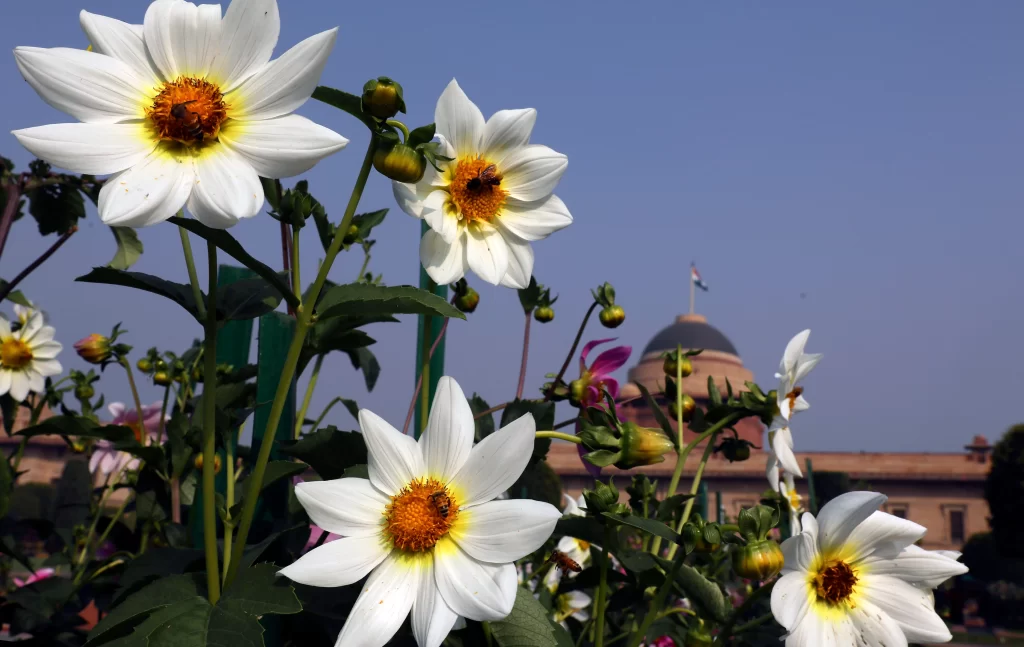
Changes in the climate and land use are combining to dramatically shrink the numbers of insects pollinating key tropical crops. As those problems interwine and intensify, it likely will hit coffee lovers right in the mug, according to a new study.
And that one-two punch will melt some chocolate fans’ dreams too, scientists said.
Scientists looked at thousands of species and sites and found when temperatures warmed up beyond the normal range combined with a shrinking habitat of flowering plants, the number of insects that pollinate those plants plummets by 61%, according to a study in Thursday’s Science Advances. Study authors said bees, flies, moths and other pollinators are being hit harder than the general insect population.
“We’re seeing the climate change is already having this really strong impact on pollinators,” said study co-author Tim Newbold, an ecologist at the University College of London.
About 35% of the world’s food crop and three-quarters of flowering plants depend on insect and other animal pollinators to reproduce, according to the U.S. Department of Agriculture.
Taking what’s already happened, researchers said this bodes badly for key tropical crops, especially coffee and cocoa. Those plants rely on bees and flies to help them reproduce and fewer pollinators mean reduced crops, study authors said.
Previous studies have shown that insects are dwindling for several reasons, including climate change and habitat loss, and other studies have shown shrinking number of pollinators, and yet more have shown coffee and cocoa plants themselves are hurt by the interaction. But the sum of all that is even worse than just the parts, study authors said.







